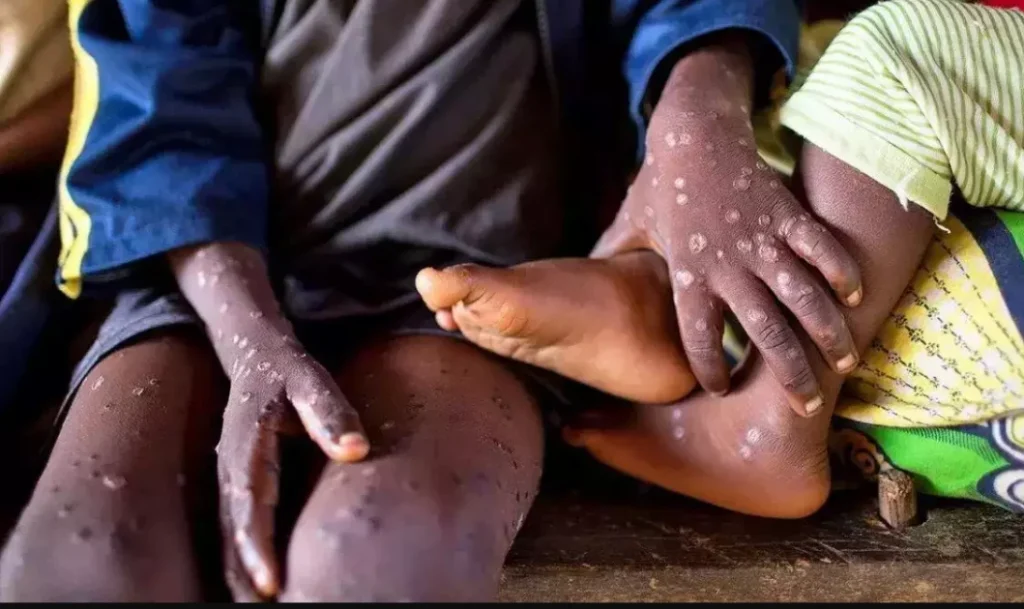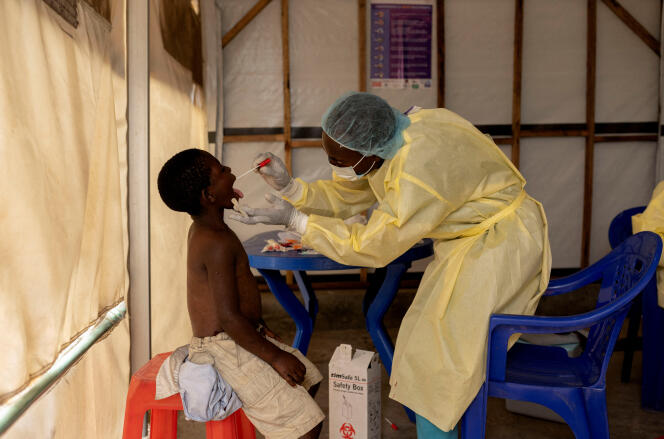The Democratic Republic of Congo (DRC) will begin its vaccination campaign against mpox on October 2, the country’s public health institute has announced, following a surge in cases with over 24,000 infections recorded.
Adelard Lofungola, head of the mpox response team, confirmed that the 10-day campaign will prioritise healthcare workers, children, and vulnerable groups such as sex workers. Speaking at a press briefing in Kinshasa, Lofungola highlighted several challenges facing the initiative, including logistics and the need to dissuade some communities from self-medicating.
The vaccine requires storage at -20°C (-4°F) and must be distributed across the DRC, a country that spans an area four times the size of France.

The DRC, currently at the centre of the mpox outbreak, has recorded 24,035 cases and 789 deaths since January, according to official figures released on Thursday. In response, the country has received 265,000 vaccine doses, donated by the European Union and the United States, and manufactured by Danish company Bavarian Nordic.
However, the Bavarian Nordic vaccine is approved for adult use only. On Wednesday, the foreign affairs ministry announced it had signed a memorandum of understanding with Japan to secure an additional five million vaccine doses suitable for children.
“We hope that this vaccine for children will arrive” before October 2, said Lofungola, adding that two recent deaths, including a 14-day-old newborn and an 8-year-old child, had been reported in the relatively unaffected North Kivu province. The newborn case was linked to mother-to-child transmission that was detected late.
Although several mpox outbreaks are active across Africa, DRC’s situation has been complicated by the emergence of the Clade 1b virus variant. Experts have yet to fully determine the transmissibility and severity of this new strain.
Mpox is now present in at least 14 African nations, including Burundi, Congo-Brazzaville, and the Central African Republic, according to the Africa Centres for Disease Control and Prevention (Africa CDC).


